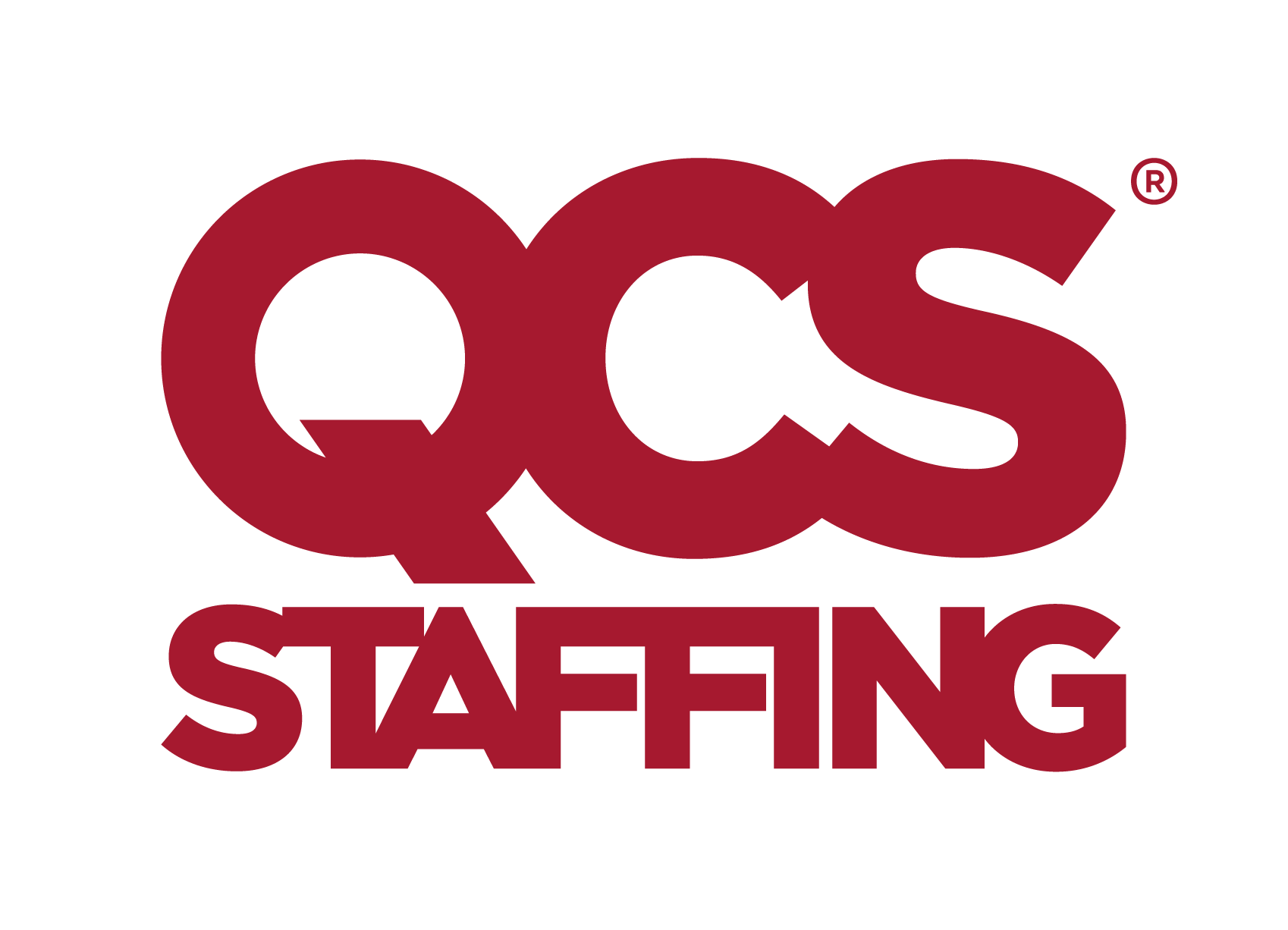How to Start a Career in Delta V Engineering
Delta V is a distributed control system (DCS) that helps to improve operational efficiencies. There are 1440 companies worldwide who require Delta V Engineers that have a revenue above $1B. A career in Delta V engineering, requires a blend of education, technical skills, practical experience, and a passion for innovation. Here's a step-by-step guide to help you start and advance in this specialised career:
Educational Foundation
To start a career focused on optimising processes in fields like life sciences and manufacturing, begin by diving into STEM subjects such as Mathematics, Physics, Chemistry, and Computer Science during school. These foundational courses will lay the groundwork for understanding complex systems and data analysis. Pursuing a bachelor’s degree in engineering or a related field is essential; ensure your programme includes courses covering dynamics, propulsion, orbital mechanics, and systems engineering to grasp the fundamentals of process optimisation. Gain additional knowledge in statistical process control (SPC), Six Sigma methodologies, lean manufacturing principles, and industrial automation to enhance your skills in efficiency and quality management.
Gain Practical Experience
Seek internships or apprenticeship opportunities with pharmaceutical companies, biotech firms, medical device manufacturers, or food processing industries. Focus on roles where you can learn about process optimisation, quality assurance, and regulatory compliance. Participate in research projects or academic initiatives related to process improvement, automation, or quality management systems.
Develop Technical Skills
Become proficient in software tools that facilitate process simulation, data analysis (such as Minitab or JMP), and manufacturing optimisation. Additionally, learning programming languages relevant to industrial automation and data-driven decision-making will significantly enhance your capabilities in streamlining operations. Gain practical experience in laboratory settings or manufacturing facilities, focusing on tasks such as process validation, equipment calibration, and troubleshooting. These hands-on experiences will solidify your understanding and application of process improvement techniques.
Networking and Professional Development
Join professional organisations like the American Institute of Chemical Engineers (AIChE), Society of Manufacturing Engineers (SME), or International Society for Pharmaceutical Engineering (ISPE). Any outside the USA?
Attend conferences, seminars, and workshops to stay updated on industry trends and connect with professionals in the field. Obtain certifications relevant to quality management (e.g., Certified Quality Engineer) or process improvement methodologies (e.g., Six Sigma Green Belt).
Take courses or workshops in regulatory compliance, Good Manufacturing Practices (GMP), and advanced process optimisation techniques.
Consider pursuing a master’s degree or further education in a specialised field such as Pharmaceutical Engineering, Process Systems Engineering, or Industrial Automation.
Conduct research in areas related to process optimisation, automation, or advanced manufacturing technologies.
Career
Entry-Level Positions:
- Apply for positions such as Process Engineer, Quality Assurance Specialist, Manufacturing Technician, or Research Associate in relevant industries.
- Focus on learning industry-specific processes, regulations, and quality standards.
Experience:
- Seek opportunities to contribute to process improvement projects, quality audits, and efficiency initiatives within your organisation.
- Take on responsibilities that allow you to apply your technical skills and contribute to optimising manufacturing processes.
Mid-Level and Senior Positions:
- Progress into roles such as Process Improvement Manager, Manufacturing Engineer, Quality Manager, or Operations Director.
- Lead teams focused on continuous improvement, automation initiatives, and strategic process optimisation.
Are you Looking for your Next Automation Delta V job?
We’ve matched candidates with jobs for around 30 years, so we know exactly what it takes to provide top-level candidate care. Don’t miss out on our latest opportunities – browse our life sciences roles to find your next automation job. Need help finding what you're looking for? Submit your CV today and we will find your perfect role for you!






